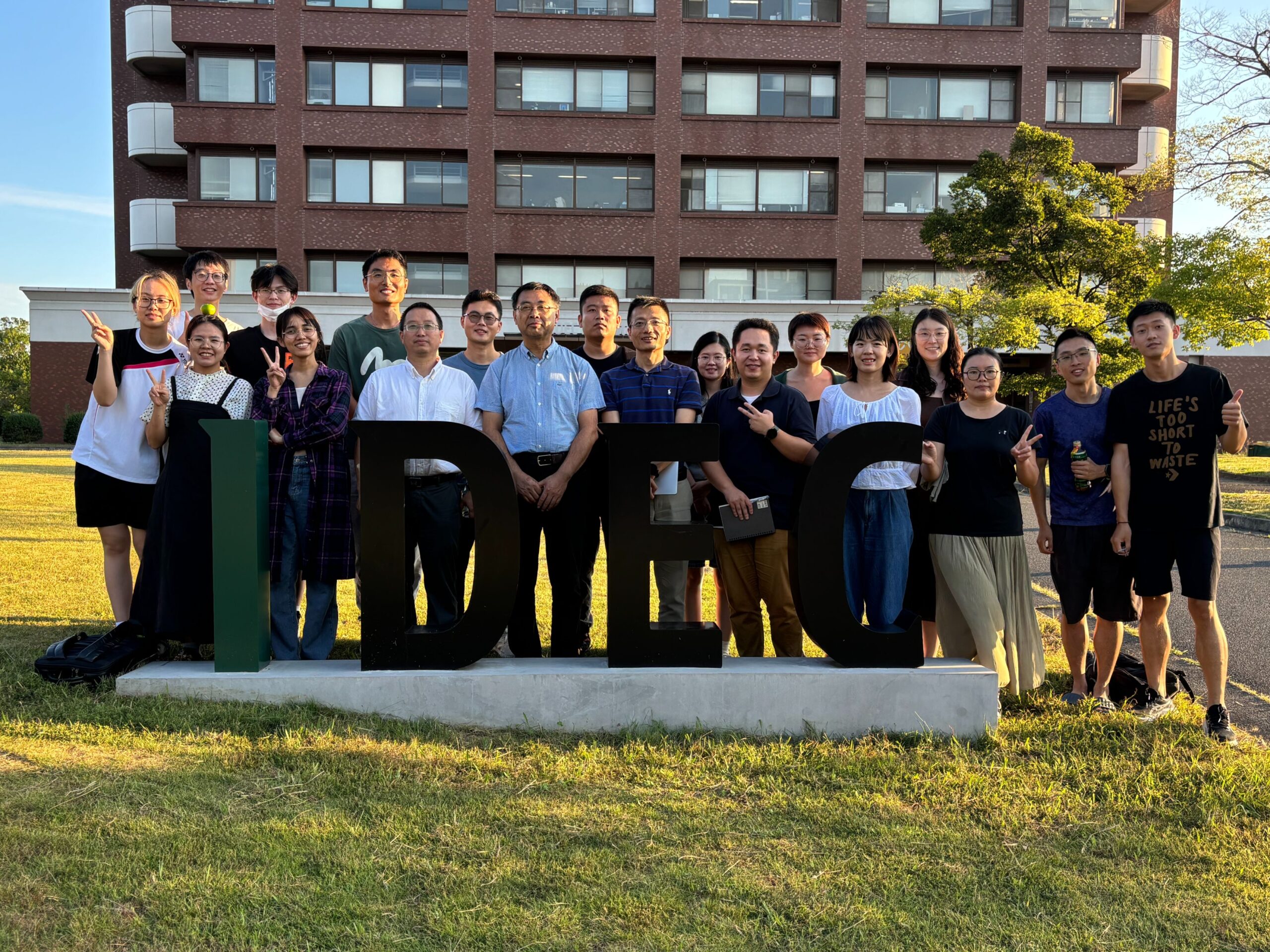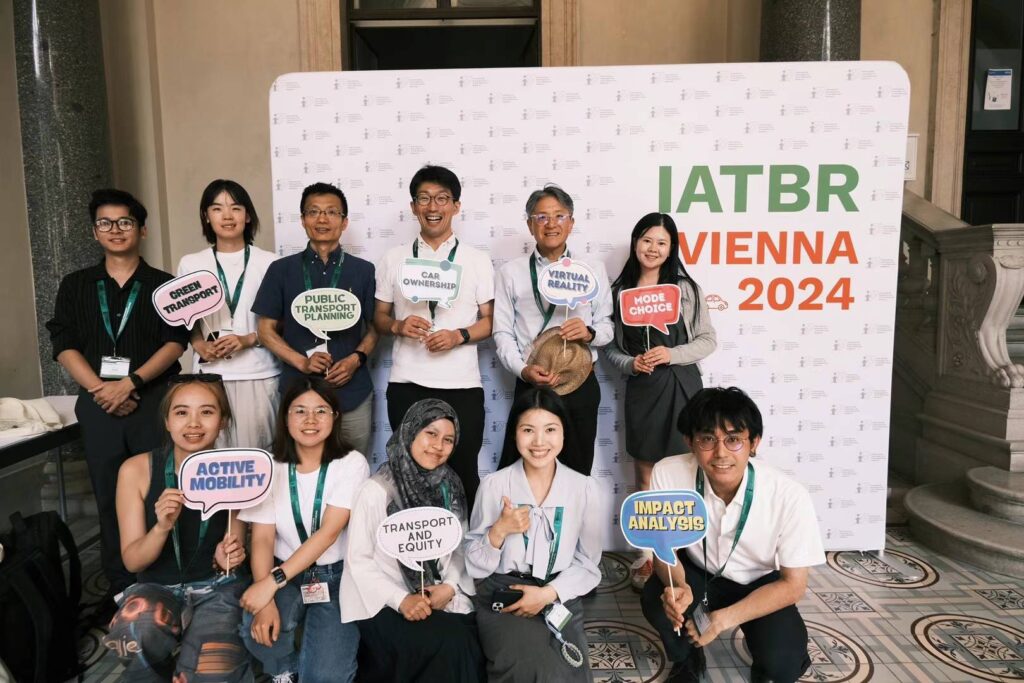Who We Are
‘‘Cities are continuously evolving in dynamic transitions. The built environment, where people live, work, and move, integrates both physical and cyber spaces, along with digital and physical infrastructures, natural surroundings, facilities, and diverse services. The decision-making processes that shape people’s daily and non-daily activities (e.g., shopping, socializing, leisure, tourism), as well as short-term and long-term decisions (e.g., transportation mode, route choices, car ownership, housing), play a crucial role in sustainable urban development. Achieving the goals of a carbon-neutral society and creating livable, accessible, and connected urban environments requires improving and maintaining quality of life through smart urban development.
Understanding and predicting individual decision-making is fundamental, as it enables policymakers, planners, managers, and governments, with different priorities to make informed and smart decisions. As cities become increasingly equipped with new technologies, such as big data generation and deeper interactions between people and their environments, urban areas are becoming more hybrid in nature, reflecting varied urban settings, economic development, microclimates, and cultures. To fully harness this complexity, AI must be embedded into urban planning and infrastructure development and modification. This highlights the need for methodological advancements in multidisciplinary research and the development of innovative approaches across different fields, including theory validation, choice modeling, AI and data mining, statistical models, optimization, and utilization of new technology.
The Urban and Data Science research lab, part of the Graduate School of Advanced Science and Engineering at Hiroshima University, focuses on research into smart decision-making in urban environments. Our goal is to develop approaches, models, and algorithms that can be applied across various domains. This includes both micro-level decision-making by individuals (citizens, planners, companies) and system-level management and optimization with single or multiple objectives. Our mission is to conduct quality research across a range of urban studies topics, develop theory-driven and data-driven approaches and apply the approaches to solve urban issues. ’’






